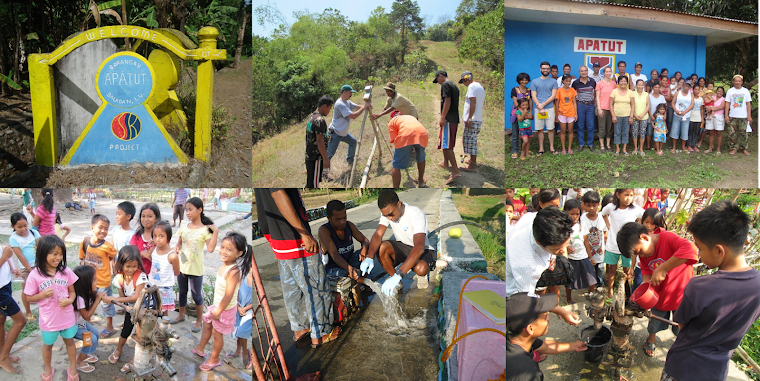During our November 2014 trip, EWB-USA Philadelphia
implemented a SODIS pilot with thirty two (32) families from different sectors
as participants. Families were selected before our arrival to the community by
Gloria Opinaldo, one of the community members.
In April 2015, EWB-USA Philadelphia was able to interview
twenty-three (23) of the families that were participating on our SODIS pilot
program.
Graph 1. Families
Using SODIS
Of the five (5) that stopped using SODIS, three (3) are
buying bottled water and one (1) is boiling their water before drinking, and
one (1) is drinking water directly from the well will no treatment. Other
families are using boiling and buying bottled water in addition to using SODIS.
One of our concerns is that, although explained during our
presentation, many families are treating their water for less than the 24-hr
recommended treatment period. This was stressed during our survey visits.
Graph 2. Hours of
Treatment
Saint Louis College will continue conducting a check-in
survey every three months to each family.
Our team will also make an effort to expand the pilot program as many
community members expressed interest in using solar disinfection to treat their
water.
Check-in
survey interview by Loyda García
Federico Obillo, a community member currently
using SODIS











